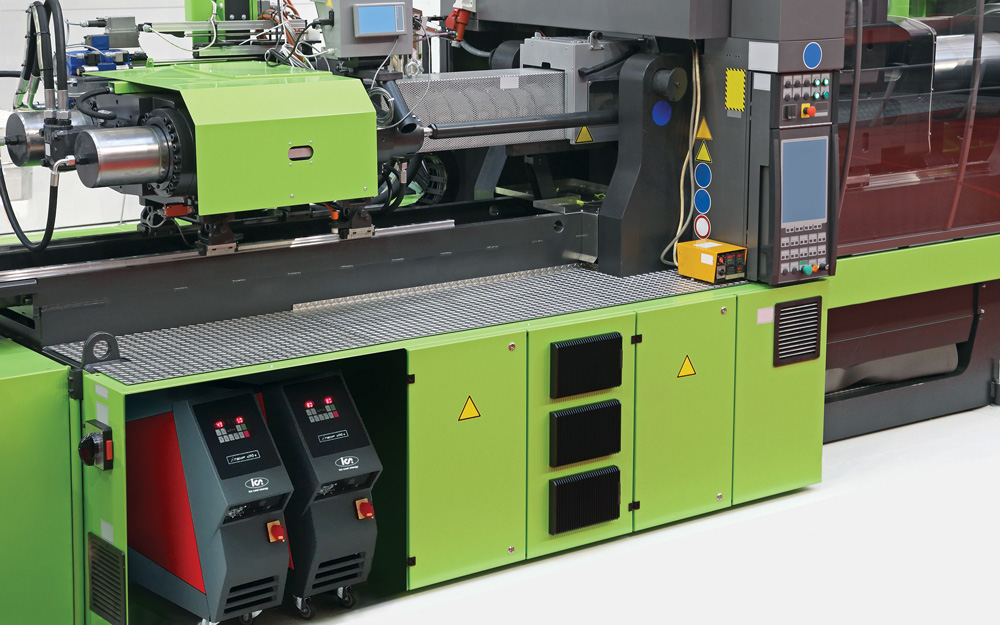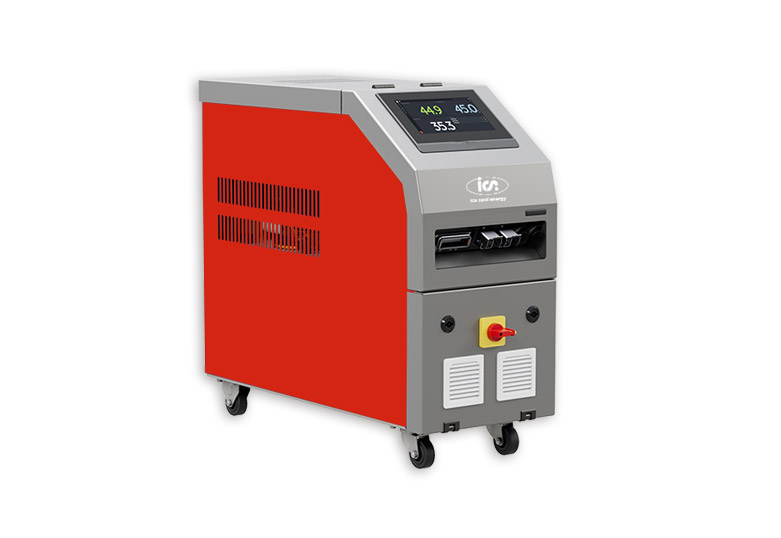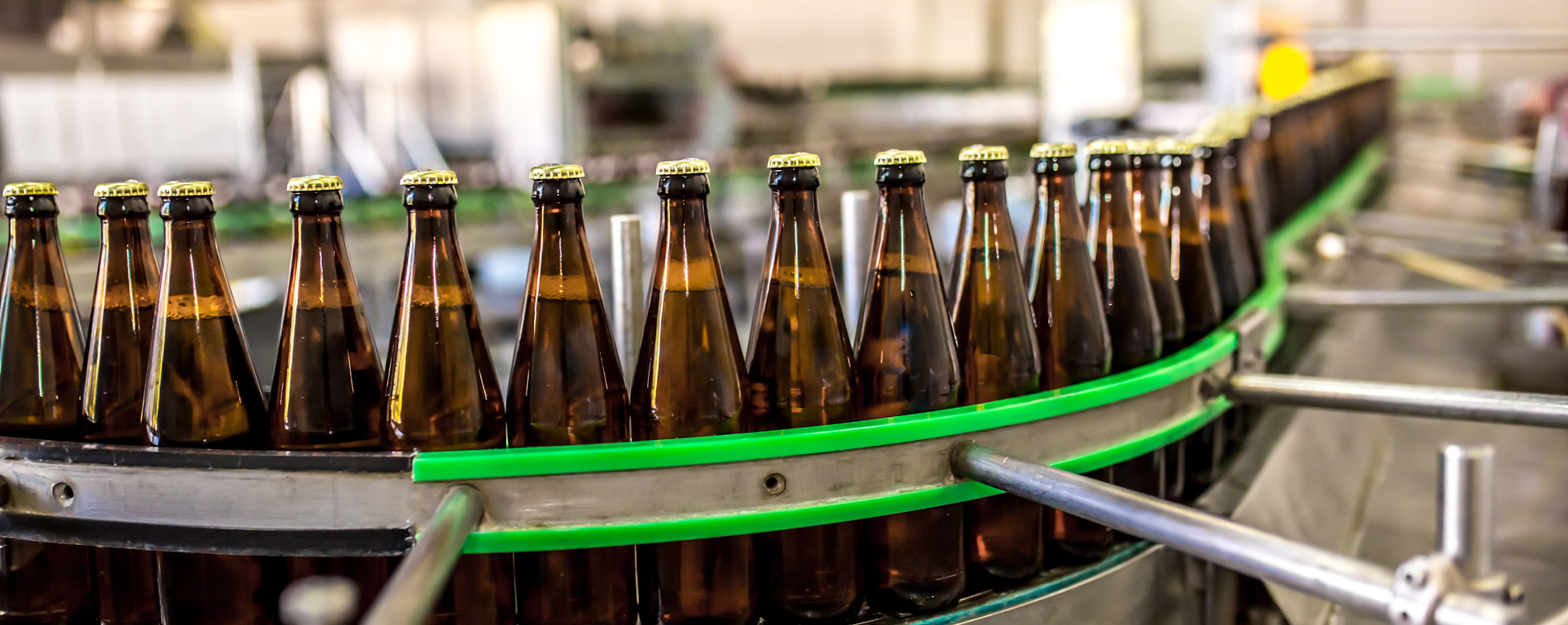Updated: April 15, 2016
Advanced compressor technology for energy savings of up to 60%
The refrigeration market must embrace advanced compressors to stand chance of meeting EU efficiency targets, says Brent Hall, Technical Manager at ICS Cool Energy.
With the shadow of the EU’s 2021 energy saving legislation looming over the UK’s refrigeration market, the industry is being urged to proactively target compressor efficiency in order to fulfil its carbon reduction obligations.
Compressors are by far the largest energy consumer within a refrigeration system – be it a chiller unit or a direct refrigeration system – and the technology has been highlighted as an area that needs improving as part of Lot 31 of the European Commission’s Ecodesign Directive.
The refrigeration industry consequentially faces an enormous challenge over the coming years to reduce compressor power consumption without affecting productivity, according to temperature control equipment experts, ICS Cool Energy.
Brent Hall says: “A compressor’s basic function will always expend a certain amount of energy, and as the principles of vapour compression will remain the same, it is the compressor technology which must change in order to achieve the greater target efficiencies outlined by the Ecodesign Directive.”
Operating processes of larger compressors should serve as inspiration for the industry, according to ICS Cool Energy. One such example would be oil-free compressors, such as the Turbocor range, which use magnetic bearings to offer improved efficiency and reliability levels by reducing moving parts. However, such compressors are not suitable for all applications therefore a decision should be made as part of the system design stage, not afterwards.
“Ultimately one of the most accessible methods of improving energy efficiency in the refrigeration market is to use built-in optimised variable speed drives (VSD), which in essence the Turbocor does.”
Brent continues.
“Many compressors are currently running on one fixed speed regardless of demand, and generally achieve a co-efficient of performance (or energy efficiency rating) of 3kw of cooling to 1kw of power. However, applying part-load optimisation through a VSD to scroll and screw compressors could allow operators to achieve a ratio of 4.5-5kw of cooling to every 1kw of power: an improvement of circa 50-60 per cent.”
Brent concludes: “On the whole it appears that the technology is not too far away, as VSDs are currently available as optional extras on larger plant, and both inverter-driven screw compressors and digital scroll compressors have also been introduced to the market. However for the industry to realistically achieve the savings mandated by the EU, such advances must become commonplace across all chiller equipment within the next 10 years, if not sooner.”
Related Articles

July 16, 2024
Is it time to replace your Temperature Control Unit?
Temperature control units (TCU) are crucial in maintaining the desired temperature in various manufacturing facilities. Like any appliance, temperature control units can show signs of...
Read More
June 27, 2024
Introducing i-Temp Compact eco.line – A new standard in energy efficient temperature control
We are proud to announce the expansion of our i-TEMP temperature control units (TCU) portfolio with the introduction of the eco.line series. The new i-TEMP...
Read More
February 15, 2024
5 Tips To Reduce Your Process Cooling Energy Costs
Refrigeration accounts for a high proportion of overall site energy costs, most notably cooling for food, drink, chemical, and pharmaceutical processes where up to 90%...
Read More